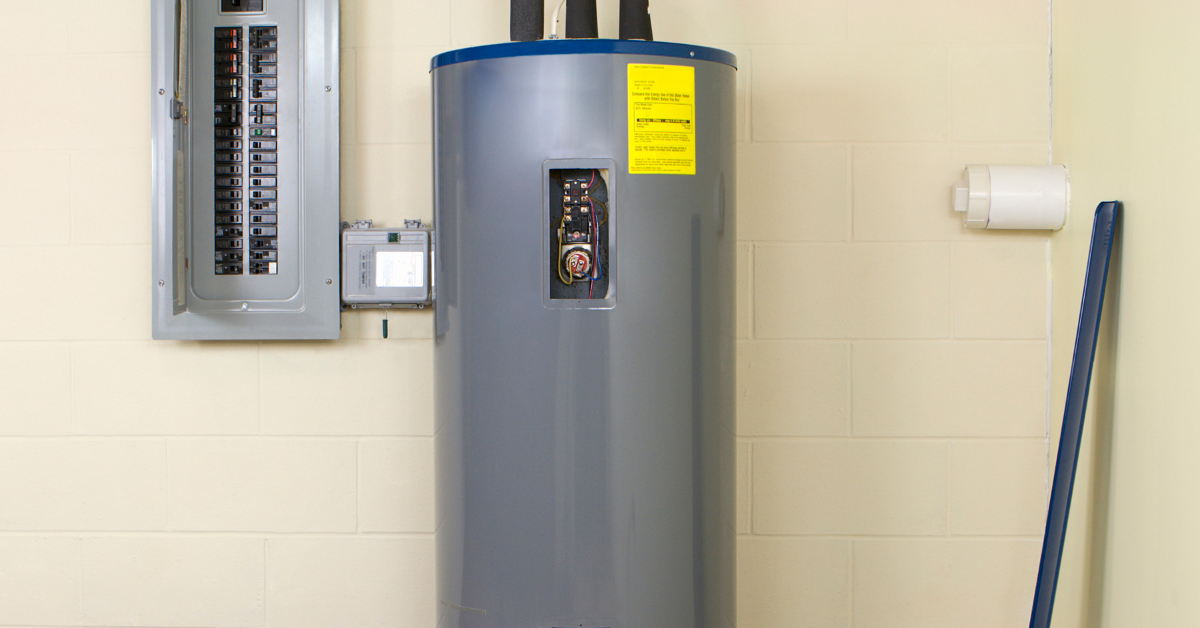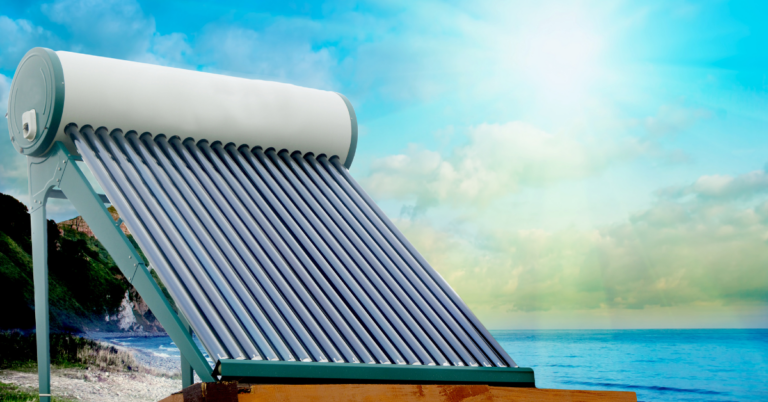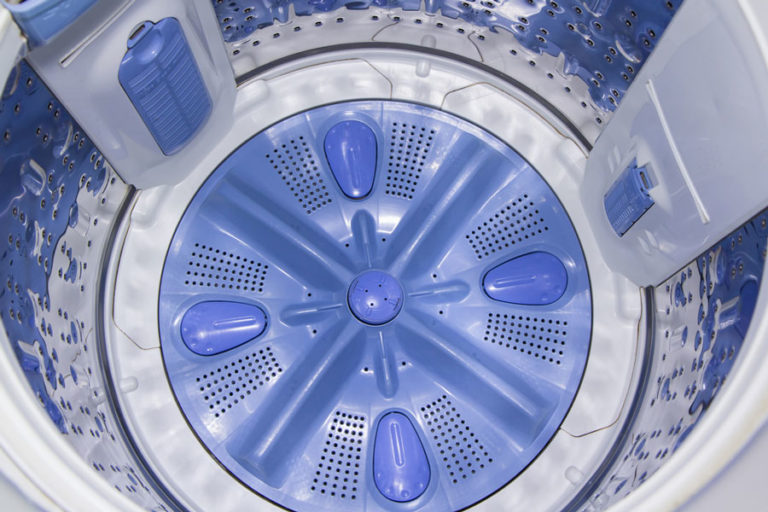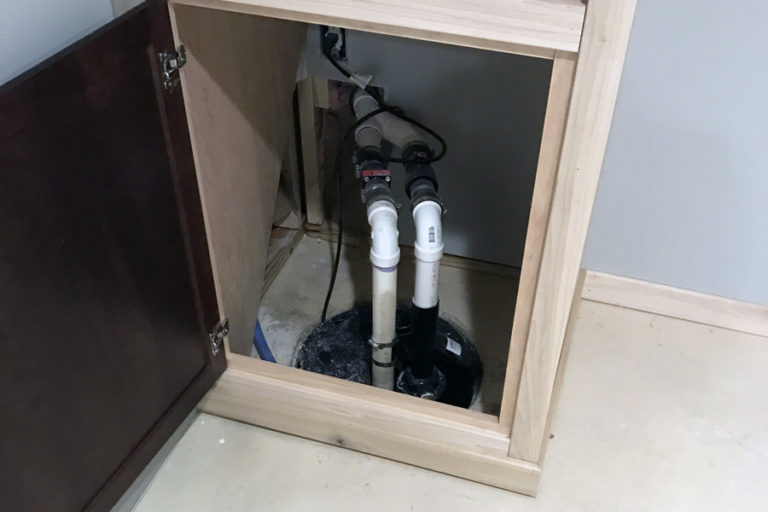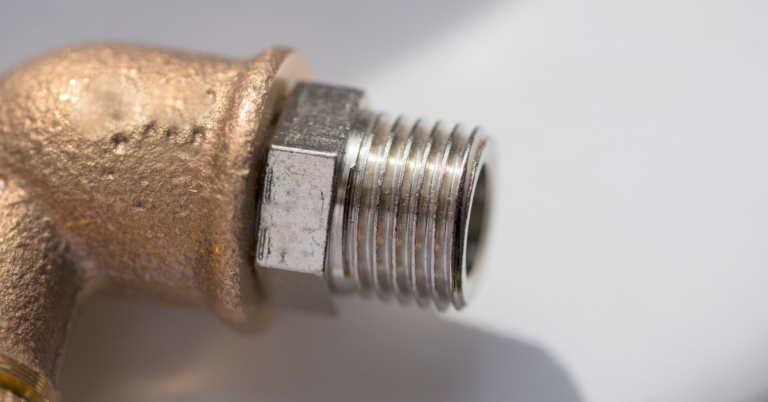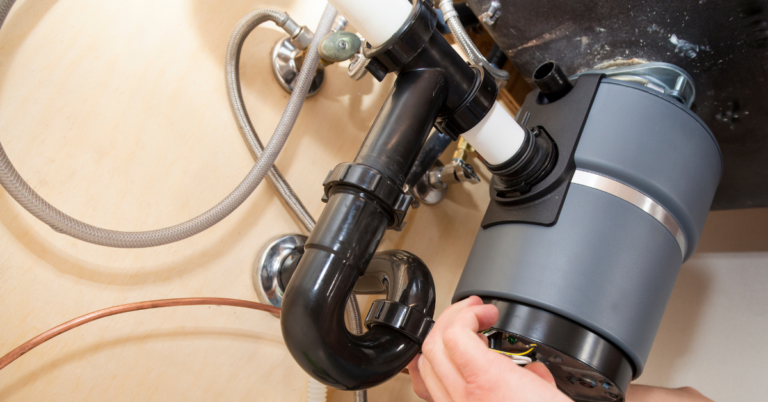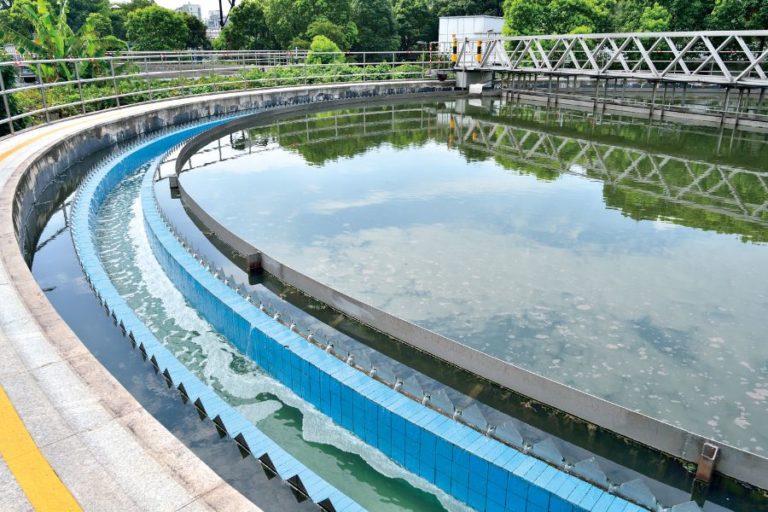How to Restore Hot Water to a Water Heater (and Restore its Power)
A frigid shower can be unbearable if you’re not a member of an ice hole swimming club in Finland. But that’s what it feels like when you lose your hot water.
If this happens (heaven forbid!), you need to learn how to restore hot water to your hot water heater. Here’s what you need to know to get back to your warm shower.
Determine the Cause
The first thing you need to do is find out why you’re out of hot water. The hot water shortage could be due to a too-heavy use of water in a brief amount of time, an insufficiently sized water heater, a leaking tank, or a blown fuse. Each is a different problem that needs to be identified and tackled.
1. Did You Use Too Much Water?
If you live alone and you’ve used up the hot water while singing your favorite song, you will need to wait about 20 minutes for the tank’s hot water to be restored. Unfortunately, being patient is all you can do in this situation.
To prevent this situation, try getting the people in your home to stagger their showers 20 minutes apart. You can also purchase a larger water heater, which brings us to our next diagnosis.

2. Is Your Water Heater Too Small?
Check the label on the water heater for the number of gallons it holds. Estimate about 10 to 15 gallons per person per day for the right size water heater.
If you have 4 people, then you’ll need a water heater tank that holds about 40 gallons (10 gallons per day x 4 people = 40-gallon tank). To make extra sure you’ll have hot water on heavy-use days, go with a 60-gallon tank (15 gallons per day x 4 people = 60-gallon tank).
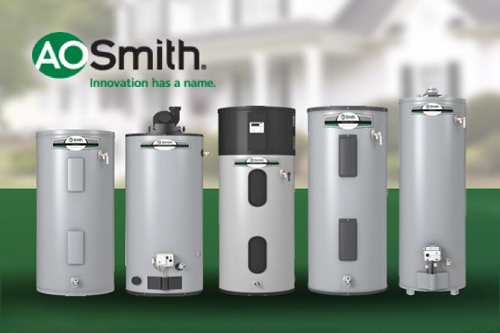
3. Did Your Tank Spring a Leak?
Firstly, if your tank bursts or is leaking, you’ll need to replace it. However, if it’s just a pipe leak (like the water supply line bringing water into the tank), a plumber can repair it.
Be attentive to your water heater. When it goes suddenly, it will dump all the water inside the tank and the water coming into it from the water supply line. This would, of course, create a flooding and water damage disaster.
PRO TIP: The average life expectancy for a water heater, whether gas or electric, is about 12 to 15 years. Here are some signs that your water heater is dead or about to die:
- Rust around the base of the tank
- Greatly increased flow of water
- Unusually hot water
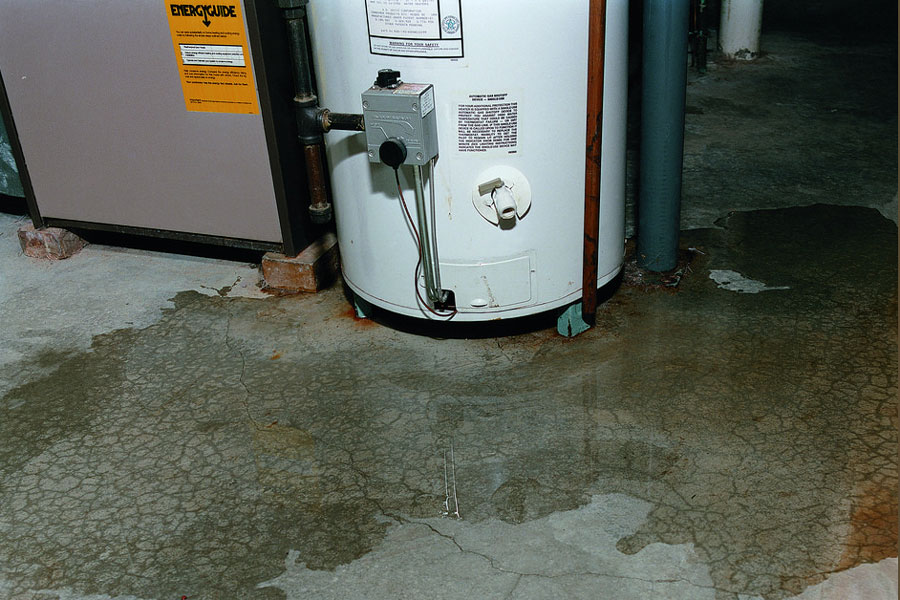
4. Is Your Water Heater Getting Power?
If you believe that you’ve lost power to the water heater, you’ll first need to determine which kind of water heater you have (gas or electric).
Every water heater will have at least one big sticker on it telling you the size of the tank and whether it’s gas or electric. If for some reason you don’t see any stickers, look on the water heater for a small metal label with the “model number.” The set of numbers starts with either an “E” for electric or a “G” for gas.
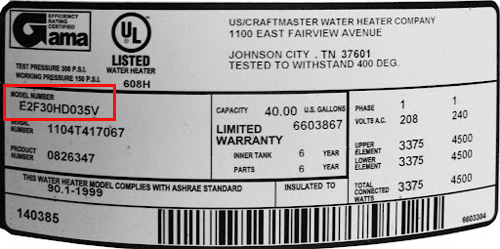
How to Restore Power to the Water Heater
Here’s how to restore hot water to your tank if you discover a lack of power to be the issue.
If Your Water Heater is Electric
Check to see if your electricity is working. Go to the main service panel (your electrical panel/box) and look for a circuit breaker that has tripped. Also, look for a fuse that has blown. Simply replace the fuse with a new one if it’s blown or toggle the tripped circuit breaker to its correct position.
If the problem is not with the fuse or circuit breaker, call a certified plumber because the trouble lies within the water heater and needs to be fixed immediately.
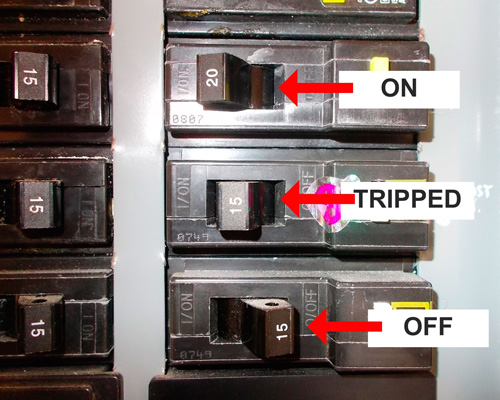
If Your Water Heater is Gas
There are two types of gas water heaters: one with a standing pilot and one with an electric ignition.
A standing pilot, which produces a blue flame when operating correctly, ignites the burner located at the base of the water heater. When a standing pilot goes out, it has to be relit manually.
An electronic ignition water heater is typically found in newer gas water heaters. If the burner goes out, you can’t light it yourself. Before calling an emergency plumber, contact the gas company to see if the gas supply was shut off. If not, then call your plumber.
Some common reasons for a gas water heater not to work are excessive dirt, rust buildup, weak wiring, or a gust of air that extinguishes the pilot light.
PRO TIP: An easy way to tell the difference between an electronic ignition and a standing pilot (if the flame is out) is to look for a cord. An electronic model has a cord that plugs into a 120-volt outlet or another power source.
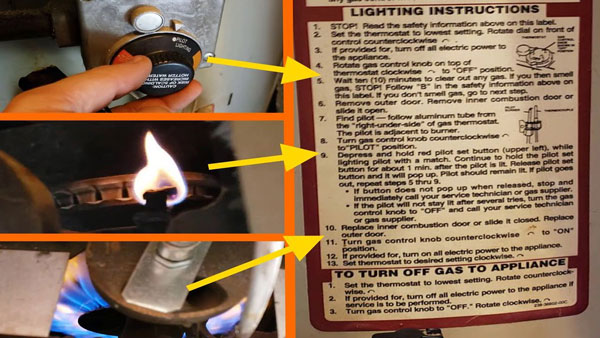
Resources
- A clear guide to the parts of a water heater
- 5 tips for preventing a leaking water heater disaster
- How to relight your water heater pilot light
- How long does a water heater last?
- Water heater repairs
Call 1-Tom-Plumber
Don’t hesitate to contact us here or call us at 1-Tom-Plumber (1-866-758-6237) if you need help restoring hot water to your water heater, or replacing it.
1-Tom-Plumber’s certified team of plumbers and drain technicians respond immediately to any emergency plumbing, drain cleaning, or water damage problem. We also handle the excavation of underground water lines and sewer main lines. Our immediate-response team is available every day and night of the year, even on holidays.

